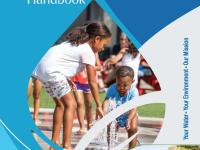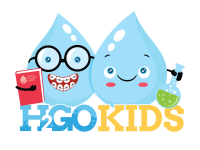Search Results
Featured Search Results
Search Results
Suggested Searches
How To
When should I have my well tested?
- Updated
- 6/10/2024
You should have your well tested once each year for total coliform, nitrates and pH levels. If you suspect other contaminants, you should test for those as well. You should also have your well tested if:
- There are known problems with well water in your area.
- You have experienced problems near your well (flooding, land disturbances, and nearby waste disposal sites).
- You replace or repair any part of your well system.
- You notice a change in water quality (taste, color, odor).
What are the requirements when selling my home regarding my private well?
- Updated
- 6/10/2024
Contact your loan officer, however, the buyer’s lending institution will most likely require that the well pass a water quality test prior to loan approval. Most lenders require testing for bacteria. Some may require nitrate testing.
How long will it take for the H2O Water Quality Lab to finalize my laboratory results?
- Updated
- 6/10/2024
Most samples are analyzed and reported to our customers within 3 to 5 business days, however some test results may take longer.
What kind of material is in my water service line?
- Updated
- 6/10/2024
Water service line pipes can consist of many different materials including lead, galvanized iron, brass, copper or plastic. You can use the information below and/or watch the available video tutorial below to help you determine your water service line material and plumbing material.
Disconnection Inspections
- Updated
- 8/7/2025
IFB SA 2503 - IFB SA 2503 - Ongoing Renewal and Replacement - Grubbs HVAC
- Updated
- 5/29/2025
RFP SA 2511 Financial Auditing Services - RFP SA 2511 Financial Auditing Services
- Updated
- 1/5/2026
Prince William Water Completes Bond Sale, Retains Triple-A Credit Rating
- Updated
- 5/28/2025
- Date Posted:
- May 6, 2025
WOODBRIDGE, VA, May 6, 2025 — Prince William Water recently sold $111.3 million in Water and Sewer System Revenue and Refunding Bonds, which will be used to finance infrastructure projects serving the utility’s 380,000 customers. The bond sale process followed the recent affirmation of Prince William Water’s triple-A credit ratings, the highest level possible.
Board of Directors Meeting
- Updated
- 9/5/2025
Board of Directors Meeting
- Updated
- 6/6/2025

